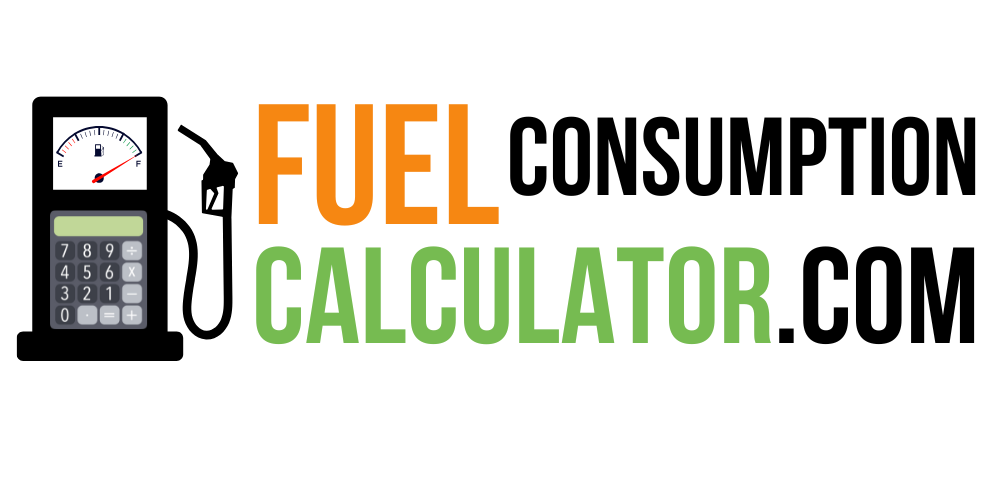Wondering about the relationship between your vehicle’s engine capacity (CC) and its fuel consumption? Let’s dive into this comprehensive analysis to understand how engine size impacts your fuel economy and running costs.
📌 Quick Answer:
Yes, engine capacity (CC) directly affects fuel consumption. Generally, higher CC engines consume more fuel because they have larger combustion chambers and require more fuel to operate.However, modern technology and driving habits can significantly influence actual fuel efficiency regardless of engine size.
Contents
- 1 Understanding Engine Capacity (CC)
- 2 The Direct Relationship: CC vs. Fuel Consumption
- 3 Modern Technology’s Impact on Fuel Efficiency
- 4 Choosing the Right Engine Size
- 5 Real-World Applications
- 6 Fuel-Saving Products and Technologies
- 7 Tips to Maximize Fuel Efficiency Regardless of CC
- 8 Cost Analysis: CC vs. Annual Fuel Expenses
- 9 Making an Informed Decision
- 10 Conclusion
Understanding Engine Capacity (CC)
- CC stands for Cubic Centimeters
- Measures the volume of all cylinders in an engine
- Also expressed in liters (1000cc = 1.0L)
The Direct Relationship: CC vs. Fuel Consumption
| Engine Size | Average Urban Fuel Consumption | Average Highway Fuel Consumption |
|---|---|---|
| 1000cc | 5-6 L/100km | 4-5 L/100km |
| 1500cc | 7-8 L/100km | 5-6 L/100km |
| 2000cc | 9-10 L/100km | 6-7 L/100km |
| 3000cc | 12-14 L/100km | 8-10 L/100km |
Modern Technology’s Impact on Fuel Efficiency
Consider the EcoBoost Engine Technology, pioneered by Ford, which uses smaller engines with turbocharging to deliver power similar to larger engines while maintaining better fuel efficiency.
Key Technologies Improving Fuel Efficiency:
- Turbocharging
- Direct Injection
- Variable Valve Timing
- Cylinder Deactivation
Choosing the Right Engine Size
Factors to Consider:
- Primary use (city/highway driving)
- Required performance
- Budget for fuel
- Environmental impact
Real-World Applications
Small CC Engines (1000cc-1500cc)
- Ideal for: City driving, small families
- Benefits: Lower fuel consumption, cheaper road tax
- Limitations: Less power for heavy loads
Medium CC Engines (1500cc-2000cc)
- Ideal for: All-round use, family cars
- Benefits: Balance of power and efficiency
- Best for: Daily commuting and occasional long trips
Large CC Engines (2000cc+)
- Ideal for: Luxury vehicles, performance cars
- Benefits: More power, smoother operation
- Drawback: Higher fuel consumption
Fuel-Saving Products and Technologies
🛒 Recommended Products for Fuel Efficiency:
- Fuel System Cleaners
- Example: Liqui Moly Fuel System Cleaner ($15-20)
- Benefits: Helps maintain engine efficiency
- Smart OBD2 Monitors
- Product Suggestion: OBDLink MX+ ($99)
- Monitors real-time fuel consumption
- Helps optimize driving habits
- Engine Oil
- Consider: Mobil 1 Advanced Fuel Economy Oil
- Reduces internal friction
- Improves fuel efficiency by up to 2%
Tips to Maximize Fuel Efficiency Regardless of CC
- Regular Maintenance
- Follow service schedules
- Keep air filters clean
- Use recommended grade fuel
- Driving Habits
- Avoid aggressive acceleration
- Maintain steady speeds
- Use cruise control on highways
- Vehicle Loading
- Remove unnecessary weight
- Use roof racks only when needed
- Maintain proper tire pressure
Cost Analysis: CC vs. Annual Fuel Expenses
Example Annual Fuel Costs (15,000 km/year):
- 1000cc: ~$1,200-1,500
- 1500cc: ~$1,500-1,800
- 2000cc: ~$1,800-2,200
- 3000cc: ~$2,200-2,800
Making an Informed Decision
Consider These Factors:
- Primary vehicle use
- Budget constraints
- Performance requirements
- Environmental impact
- Resale value
Conclusion
Engine capacity significantly impacts fuel consumption, but modern technologies have helped bridge the efficiency gap between different engine sizes. When choosing a vehicle, consider your specific needs and driving patterns rather than focusing solely on engine size.
Smart investment in fuel-efficiency products and proper maintenance can help optimize fuel consumption regardless of your engine’s CC. Remember, driving habits often have a more significant impact on fuel economy than engine size alone.
💡 Pro Tip: Use our fuel consumption tracking tool for the first month of ownership to establish your actual fuel costs and identify areas where you can improve efficiency.
This knowledge helps you make an informed decision when purchasing a vehicle and manage running costs effectively, regardless of the engine size you choose.

Hi, I’m Sufiyan, the developer behind this platform. I created FuelConsumptionCalculator.com to simplify fuel tracking for everyone — because understanding your vehicle shouldn’t require a degree in mechanics. I’m always working on adding more tools and content to make this site even more useful

